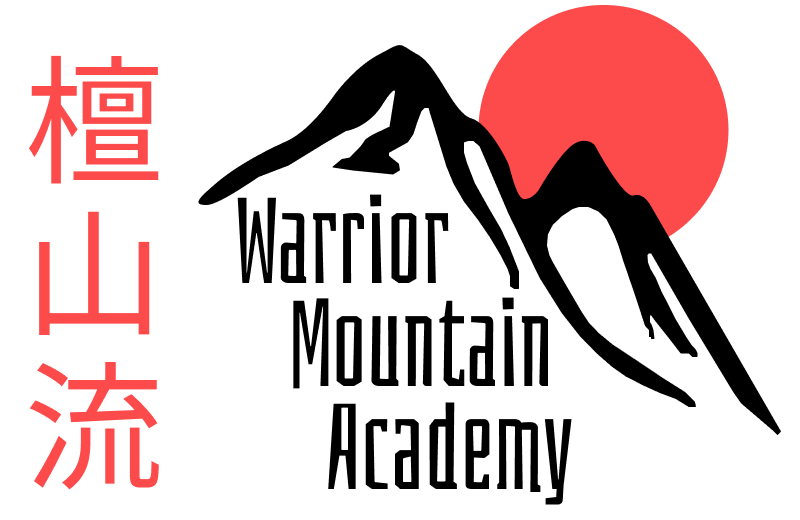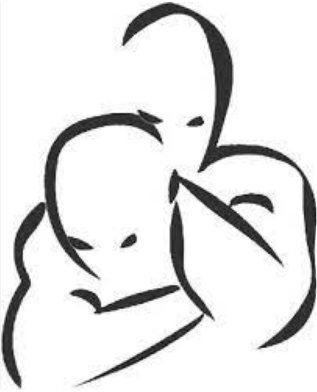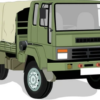Lao Tzu, a Chinese historical figure credited with founding the philosophical system of Taoism, said, “Knowing others is intelligence; knowing yourself is true wisdom. Mastering others is strength, mastering yourself is true power.”
He is also known to have said, “He who conquers other men is strong, but he who conquers himself is omnipotent.”
Professor Henry Seshiro Okazaki, founder of Danzan Ryu / Kodenkan Jujitsu, in his Esoteric Teachings, stated, “It is said of Jujitsu that it would require ten years of practice to win victory over one’s self and twenty to win victory over others.”
It has been said that it takes a minimum of 10 years to “master” Yawara—a list of basic holds and escapes—and a minimum of 20 years to “master” Nage—a list of basic throwing techniques. (I’ve placed quotation marks around the word master, because I believe humans are incapable of truly mastering anything.)
Therefore, “mastering” Yawara allows us to work toward being able to win victory ourselves, and “mastering” Nage allows us to work toward being able to win victory over others.
So, circling back to Lao Tzu’s teachings, learning Nage is strength, and learning Yawara is true power. Another way to look at it is, Nage makes you strong, but Yawara makes you omnipotent.
On the surface, Yawara—translated as soft, gentle, flexible, or yielding—appears to be nothing more than escapes and locks. But the lessons of Yawara are philosophical as well as practical. We learn to escape before breaking and to disengage before engaging. Yawara teaches us to respond appropriately, with softness or with devastating force, and then we begin to realize how they can be the same thing. Yawara helps us to become aware of our own balance before we learn to control someone else’s balance. We learn footwork and distancing, and we learn how joints work and how bodies move.
Then we apply these lessons to Nage, and beyond. And once we reach the end, we return once again to the beginning—to Yawara. And thus, we’re able to move closer and closer to winning victory over ourselves and others.








